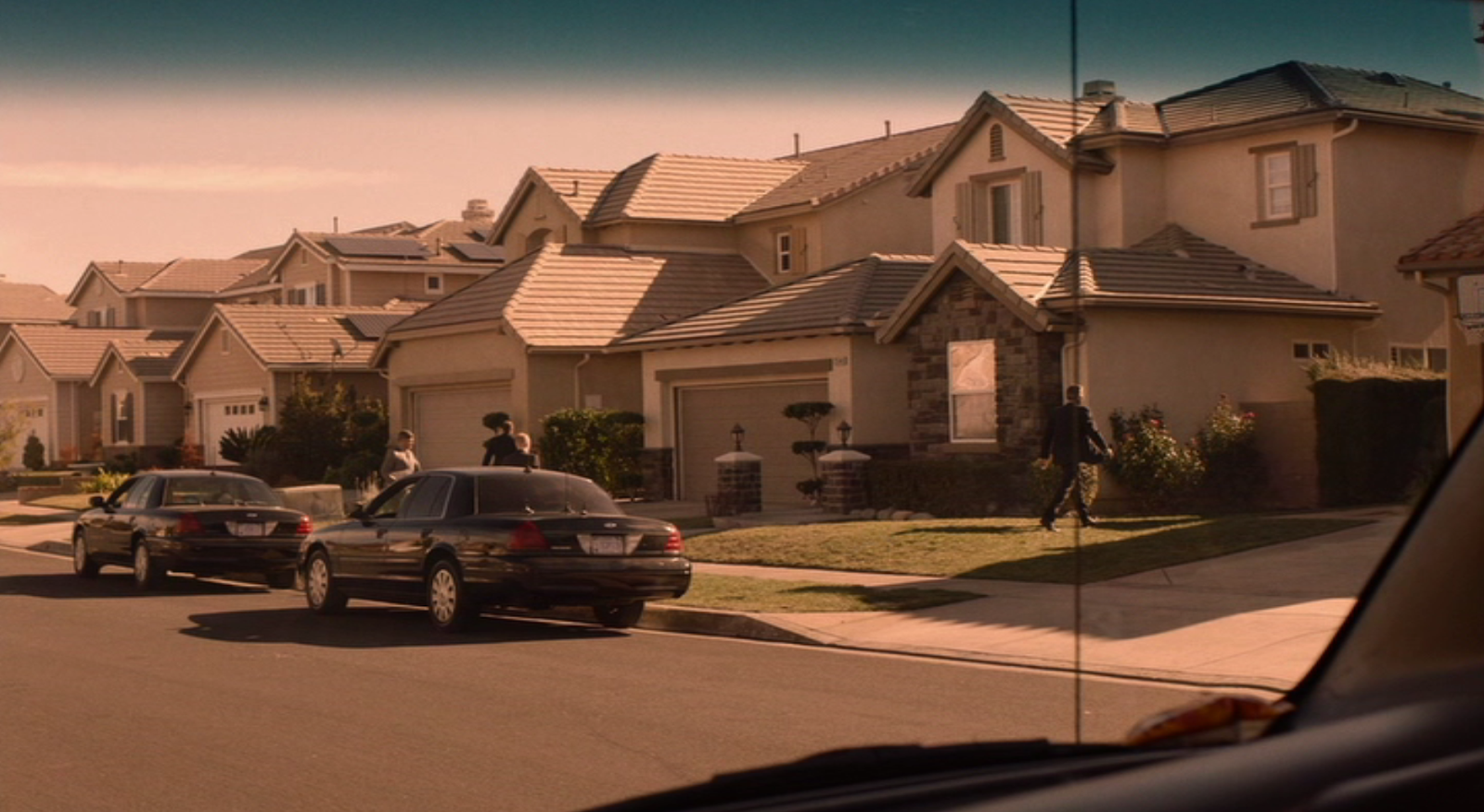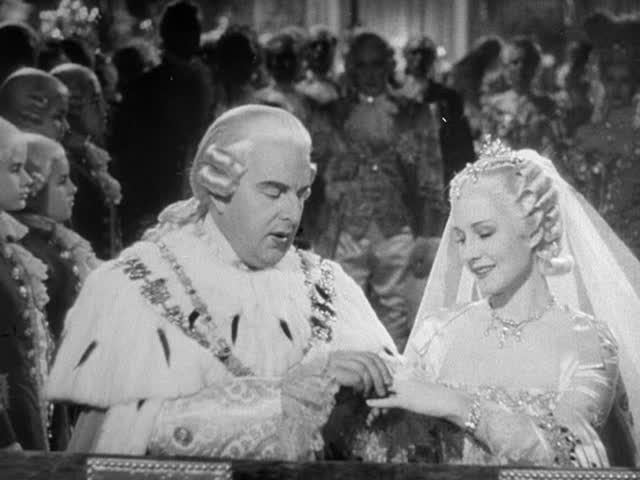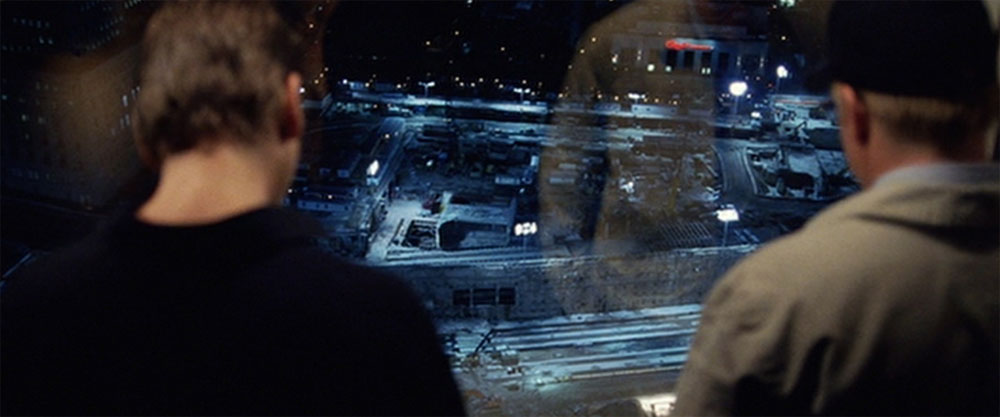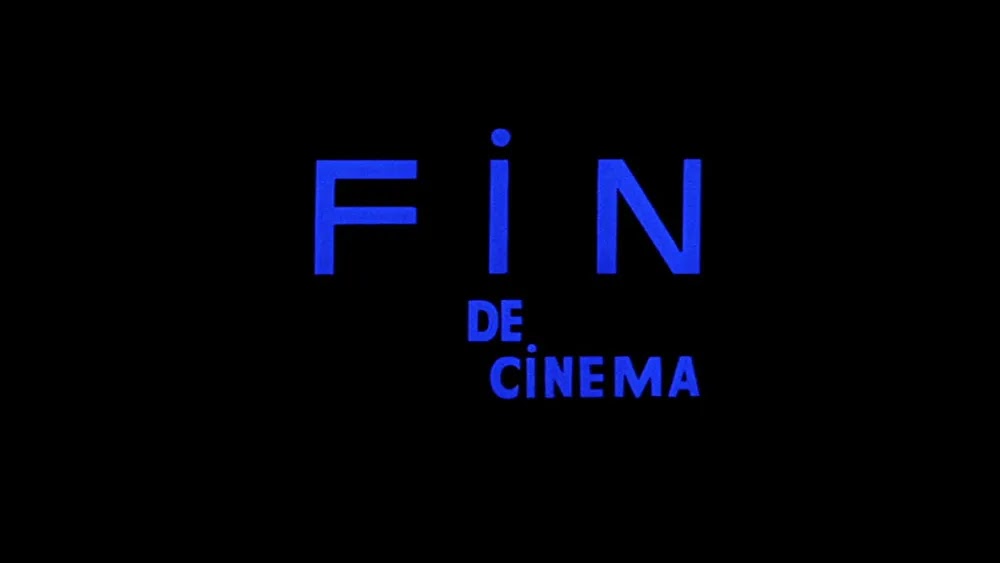
Perhaps no Twin Peaks character presents more paradoxes and possibilities than Sarah Palmer. When Colin, the host of Creamed Corn and the Universe, asked me to choose a subject for this episode, Sarah was an easy pick. Colin's format focuses on (for the most part) a different character each week, tracing their journey chronologically within the text(s). Her breadth has few rivals. Sarah appears across a half-dozen pieces of Peaks media - the two original seasons and the belated third, the film and deleted seasons, Jennifer Lynch's novel The Secret Diary of Laura Palmer and Mark Frost's novel The Final Dossier. She even shows up in Between Two Worlds, Lynch's interview with the Palmer actors - in character - which was released on The Entire Mystery blu-ray set before The Return was announced. If you accept that she is indeed the "New Mexico Girl" of Part 8 (as Frost unambiguously asserts) then we may see more of her lifespan than any other character - not just in Frost's written backstory but illustrated in the aforementioned variety of media. And when Sarah calls to her daughter in the pilot, she becomes the first person to introduce us to Laura as a person (not just an icon, as she is initially presented); much later, Sarah's offscreen voice will speak the last words we hear in all of Twin Peaks - the very same ones (indeed, the exact same clip) that accompanied her first appearance in 1990.
Despite all of that, and despite her presence at crucial junctures throughout - shouting at Leland at the funeral, lying on the floor as Maddy is murdered, delivering a message to Major Briggs when Cooper is in the Lodge, and smashing Laura's portrait when Cooper tries to take her "home" - Sarah's presence in
Twin Peaks is surprisingly fleeting and sporadic. Her memorable guest spots are sprinkled sparingly throughout the TV show and while
The Return hints at a more central role in its mythos she remains on the margins. So who is Sarah Palmer? An evil demon? An innocent victim? Something more complicated? Colin and I had a great, expansive discussion on the topic, resulting in one of his longest episodes (after which I invited him as a guest on my own
Twin Peaks Conversations, an episode
released around the same time). I hope you find this as illuminating as I did in the process of recording, realizing or crystallizing concepts for the first time myself as we went back and forth.
•
Meanwhile, this week I accidentally published an advance episode of Lost in Twin Peaks, digging into the characters and event order of The Return's Part 11. This was quickly deleted and re-scheduled, but I thought I should offer a clarification so I uploaded the following announcement; my daily/weekly episode-by-episode podcast will be back tomorrow, running exactly through the end of the year by concluding on New Year's Eve (the plan for season two to go public, however, is deeply in doubt). Listen to the details here:
While I haven't yet properly cross-posted many of my other recent podcasts with introductions and illustrations (I'm saving those for successive Sundays from now on), they have been going up on Patreon and I might as well mention them here - a
belated and
much-belated two-part "September" episode on seventies, eighties, and nineties films; three more advance
character studies; a
Halloween special focused on a Coppola classic; and the
second part of the aforementioned follow-up conversation with Colin. I also finally updated all of my directories to reflect the busy past couple weeks.

































